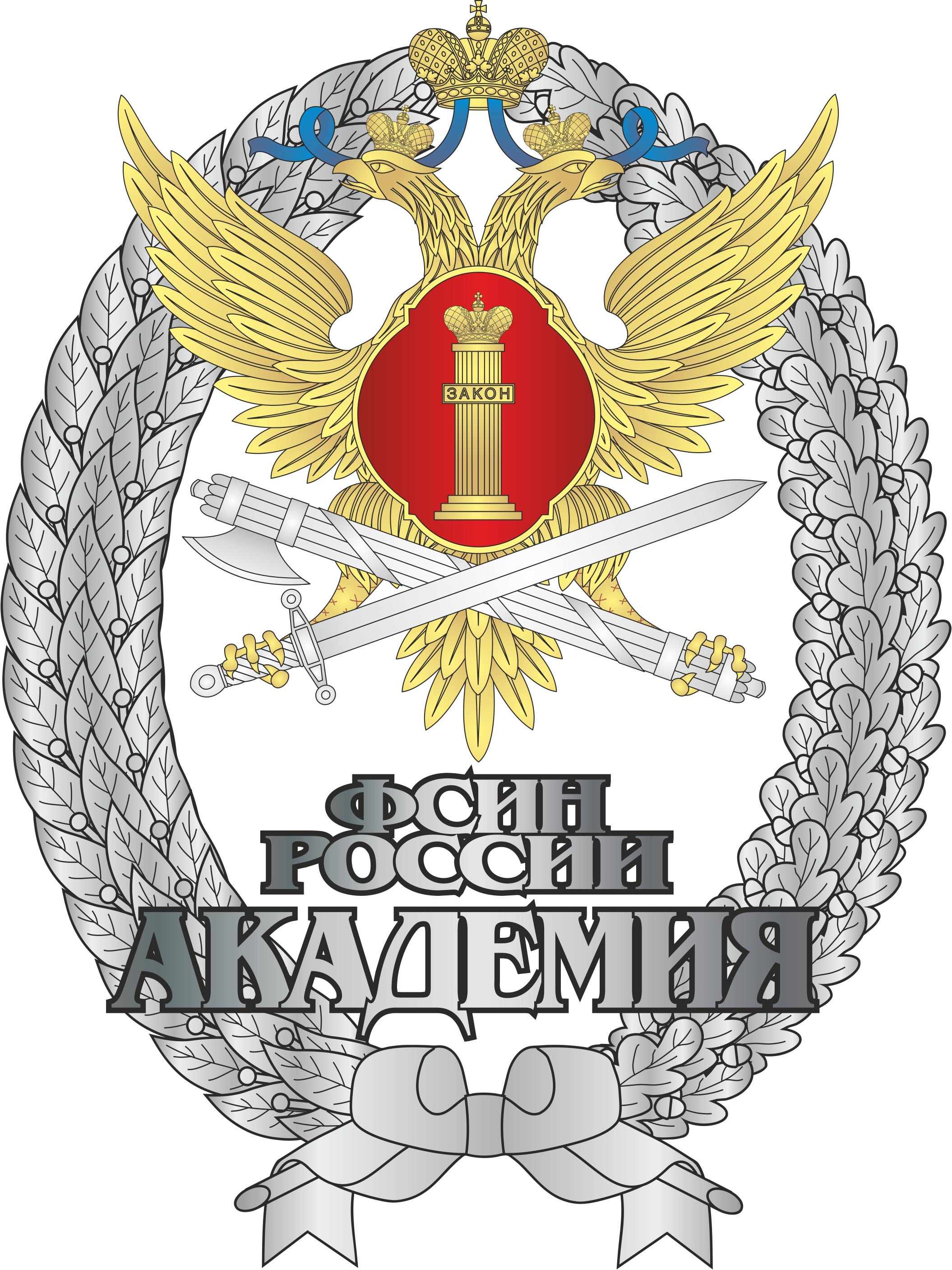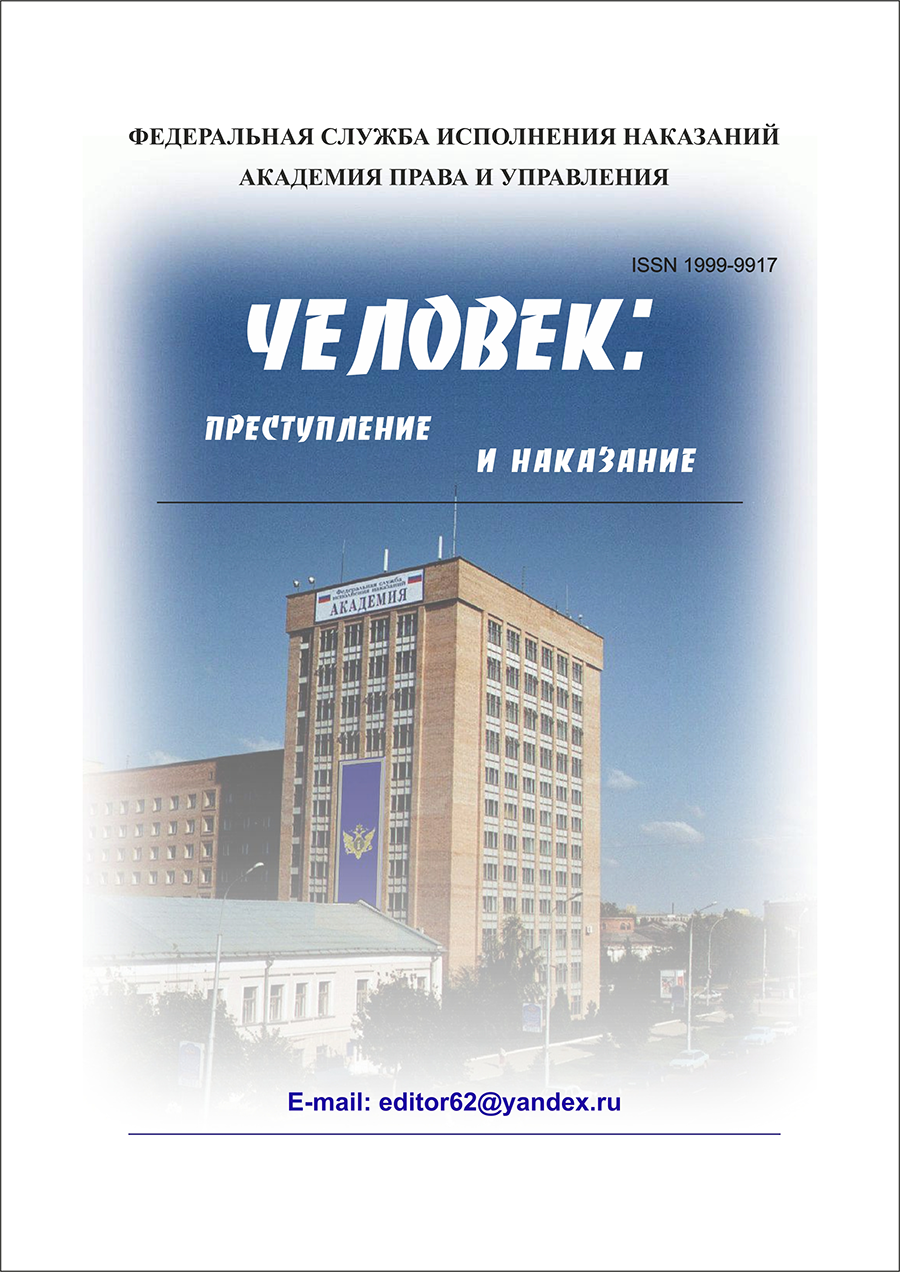UDC 34
The authors have considered aspects of the definition of the Constitution, accumulated theoretical views of academics on the content of this concept, its defining component, and its functional component. Much attention is paid to ideological content of the basic law and the ability to control the entire process of law-making and law enforcement by establishing rules and boundaries in the power activity and human behavior in society.While considering the ideological function of the basic law the authors touch the possible use of the functions of legal consciousness for the efficiency of the document. The high-quality basis of the law is suggested to present in the form of some variable that is directly proportional to the transformational activity of spheres of social existence and to the existing social relations. The attempt is made to consider the constitutional consciousness as a separate category, which most vividly demonstrates the dependence of the ideological justice, fixed at the legislative level, upon the level of legal consciousness, which in turn determines the legal behavior.The authors draw attention to the existence of a certain distance between the norms of basic law and legal reality. One reason for its existence is decrease of confidence in the government because of the corrupt behavior in its activities.There is a trend of corruption changeableness. It changes depending on the state of modern anti-corruption culture of people. And this should be taken into consideration when creating instruments to minimize corruption.The vector of legal principle towards education and the strengthening of anti-corruption culture is stressed. In conclusion the authors highlight the factor of justice which is the border of justice in any of its state, which blurs the boundaries of its individual parts. The problem of the perception of the ideology of the state, provided for in the constitutional regulation, is seen in the the distance between two realities - legally-provided and actual, which can be covered by solving the initially identified problem of providing equal opportunities to meet the citizens' needs.
сonstitutional and anti-corruption awareness, public relations, the Basic Law
1. Alekseev S. V. Korrupciya: sociologicheskiy analiz. Shahty : YuRGUES, 2008. 270 s
2. Abdulaev M. I. Teoriya gosudarstva i prava : uchebnik dlya vysshih uchebnyh zavedeniy. M. : Finansovyy kontrol', 2004. 430 s
3. Barinov E. E. Konstitucionnoe pravosoznanie v Rossiyskoy Federacii : avtoref. dis. … kand. yurid. nauk. Rostov n/D, 2001. 23 s
4. Gegel' G. V. F. Filosofiya prava / per. s nem., red. i sost. D. A. Kerimov, V. S. Nersesyanc. M., 1990. 524 s
5. Klyukovskaya I. N. Antikorrupcionnaya politika: prioritetnye napravleniya formirovaniya i realizacii : monografiya. Stavropol' : SGU, 2003. 96 s
6. Knysheva E. A. Razvitie antikorrupcionnogo pravosoznaniya kak tehnologiya aktivizacii antikorrupcionnogo potenciala rossiyskogo obschestva // Vestn. gosudar. i municipal. upravleniya. 2015. № 2
7. Kravec I. A. Formirovanie rossiyskogo konstitucionalizma (problemy teorii praktiki). M. ; Novosibirsk : YuKEA, 2002. 473 s
8. Lazarev V. V. Social'no-psihologicheskie aspekty primeneniya prava. Kazan', 1982. 144 s
9. Nakvasina G. A., Hruleva V. V. Konstitucionnoe pravosoznanie i pravovaya kul'tura v mehanizme pravovogo regulirovaniya // Vestnik VI MVD Rossii. 2014. № 3
10. Ozhegov S. I. Slovar' russkogo yazyka. M., 1984
11. Petrova A. V. Osnovnye funkcii Konstitucii Rossiyskoy Federacii (Voprosy teorii) : dis. ... kand. yurid. nauk. M., 2004. 132 s
12. Putin V. V. Konstituciya stala nadezhnym fundamentom dlya razvitiya strany // Moskovskiy komsomolec. 2014. 6 fevr
13. Sinyukov V. N. Rossiyskaya pravovaya sistema : vvedenie v obschuyu teoriyu. Saratov, 2010. 670 s
14. Chirkin V. E. Sravnitel'noe konstitucionnoe pravo : ucheb. posobie. M. : Mezhdunar. otnosheniya, 2002. 448 s
15. Shediy M. V. Osobennosti razvitiya antikorrupcionnogo potenciala grazhdanskogo obschestva v Rossii // Uchenye zapiski. Elektronnyy nauchnyy zhurnal Kurskogo gosudarstvennogo universiteta. 2013. № 2 (26). S. 294-298
16. Ebzeev B. S. Konstituciya Rossiyskoy Federacii: pryamoe deystvie i usloviya realizacii // Gos- vo i pravo. 2008. № 7. S. 5-15









